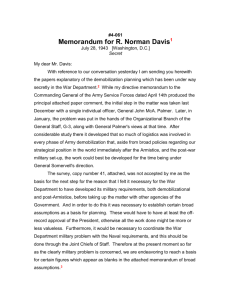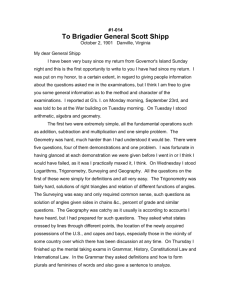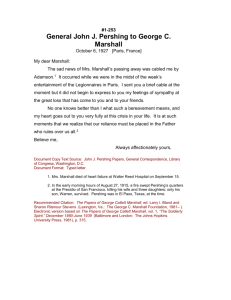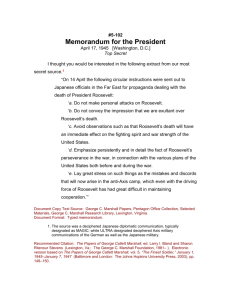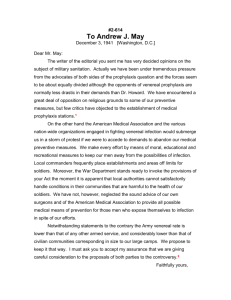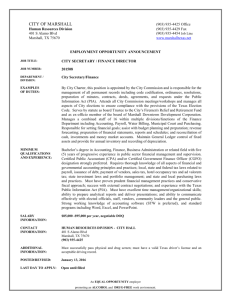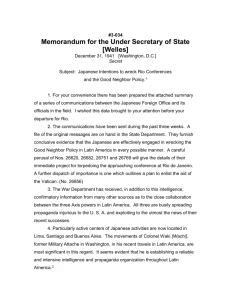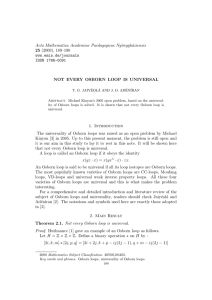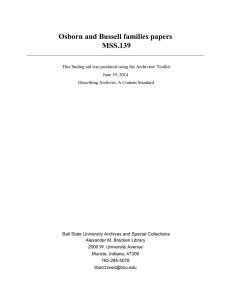3-362
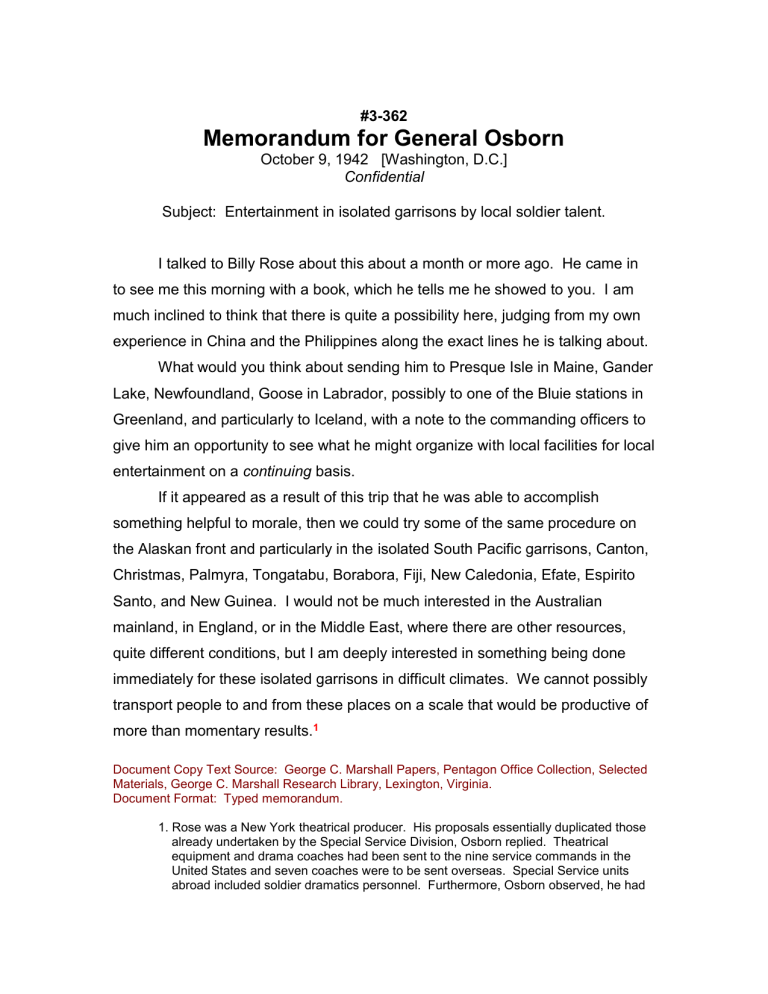
#3-362
Memorandum for General Osborn
October 9, 1942 [Washington, D.C.]
Confidential
Subject: Entertainment in isolated garrisons by local soldier talent.
I talked to Billy Rose about this about a month or more ago. He came in to see me this morning with a book, which he tells me he showed to you. I am much inclined to think that there is quite a possibility here, judging from my own experience in China and the Philippines along the exact lines he is talking about.
What would you think about sending him to Presque Isle in Maine, Gander
Lake, Newfoundland, Goose in Labrador, possibly to one of the Bluie stations in
Greenland, and particularly to Iceland, with a note to the commanding officers to give him an opportunity to see what he might organize with local facilities for local entertainment on a continuing basis.
If it appeared as a result of this trip that he was able to accomplish something helpful to morale, then we could try some of the same procedure on the Alaskan front and particularly in the isolated South Pacific garrisons, Canton,
Christmas, Palmyra, Tongatabu, Borabora, Fiji, New Caledonia, Efate, Espirito
Santo, and New Guinea. I would not be much interested in the Australian mainland, in England, or in the Middle East, where there are other resources, quite different conditions, but I am deeply interested in something being done immediately for these isolated garrisons in difficult climates. We cannot possibly transport people to and from these places on a scale that would be productive of more than momentary results.
1
Document Copy Text Source: George C. Marshall Papers, Pentagon Office Collection, Selected
Materials, George C. Marshall Research Library, Lexington, Virginia.
Document Format: Typed memorandum.
1. Rose was a New York theatrical producer. His proposals essentially duplicated those already undertaken by the Special Service Division, Osborn replied. Theatrical equipment and drama coaches had been sent to the nine service commands in the
United States and seven coaches were to be sent overseas. Special Service units abroad included soldier dramatics personnel. Furthermore, Osborn observed, he had
tried to work with Rose on camp shows eighteen months previously, but "his insatiable desire for publicity was detrimental to the Army and to our joint effort. He now tells me he realizes at last the seriousness of the war and is anxious to do a real job, without personal selfseeking.” Osborn had offered to send him to Iceland. (Osborn
Memorandum for General Marshall, October 23, 1942, NA/RG 165 [OCS, 353.86].) In
December and January, Marshall asked Osborn why so few of the twenty officers allotted to Special Services as amateur dramatics coaches were then with troops overseas, again emphasizing that special care was needed for the morale of small, isolated garrisons. (Colonel R. N. Young Memorandum for General Osborn, December
1, 1942, and Marshall to Osborn, January 6, 1943, NA/RG 165 [OCS, 210.31].)
Recommended Citation: The Papers of George Catlett Marshall, ed.
Larry I.
Bland and Sharon Ritenour Stevens (Lexington, Va.: The George C. Marshall
Foundation, 1981
– ). Electronic version based on
The Papers of George Catlett
Marshall, vol. 3 , “The Right Man for the Job,” December 7, 1941-May 31, 1943
(Baltimore and London: The Johns Hopkins University Press, 1991), pp. 390 –
391.

